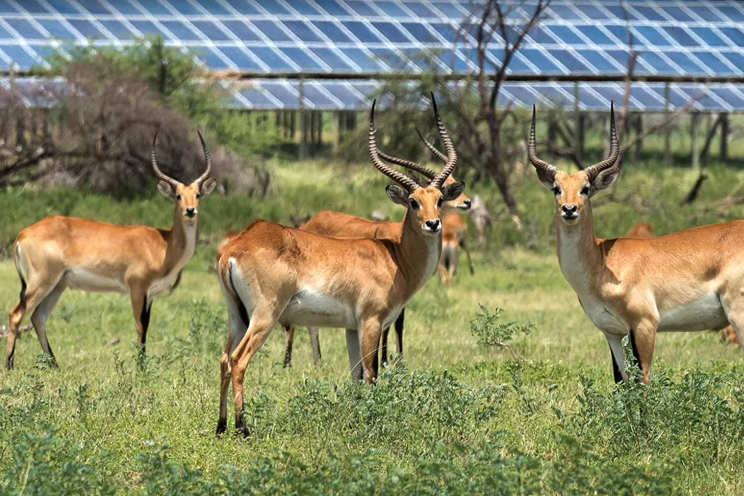Tourism Destinations Begin Transition to a Greener Economy
The Positive Impacts of Eco Travel and Sustainable Tourism
by Megan Epler Wood, STAMP at Cornell University
Travel in the 21st century is managed on a vast scale by a range of interlocking industry sectors with a value in the trillions of dollars. The total travel and tourism industry employs 100s of millions of people and represents over 10% of the global economy. The sectors’ overall business model depends on steady growth, with cruise lines, hotels, and on-line booking engines playing an ever more dominant role in marketing the tourism economy. While industry builds demand and manages their customers, the entire supply chain of tourism is dependent on the place of visit, the destination and its environmental and socio-cultural assets. Such assets define the difference between a get-away and a travel experience which becomes a reflection of travelers’ personal values, an area of the travel economy which is in increasing demand.
Scholars have linked the value of destinations to the level of cultural, environmental and historic preservation that has been achieved. This leads to many good questions about how the travel and tourism economy can finance the protection of well-managed destinations worldwide. Without action, tourism destinations do lose value per tourist as documented in our publication, Destinations at Risk, The Invisible Burden of Tourism.
Global Efforts to Manage Tourism with Lower Impacts
Travel and tourism was extremely hard hit by the global downturn caused by COVID 19, which erased years of historic growth and raised questions about how to navigate choppy waters ahead, which are coming, due to geopolitical strains between nations, climate threats, and the invisible burden of tourism, which leaves destinations frequently in debt. In 2021, the global travel and tourism international market was down nearly 70%, making many painful situations for local people, employers, and small businesses. Some countries, such as Belize and Barbados saw double digit declines in their incoming foreign exchange and now seek to rebuild and expand their markets to respond to local employment needs. Both have transacted “debt-for nature” swaps with the Nature Conservancy to lower the cost of their debt and secure their marine environments. This allows them to refinance some of their most onerous debt, preserve natural capital and build climate resilience.
Read Megan's very informative article here - https://greenmoney.com/tourism-destinations-begin-transition-to-a-green-economy
======





